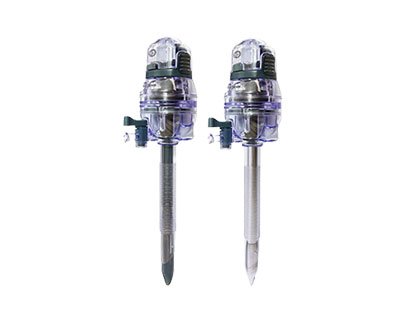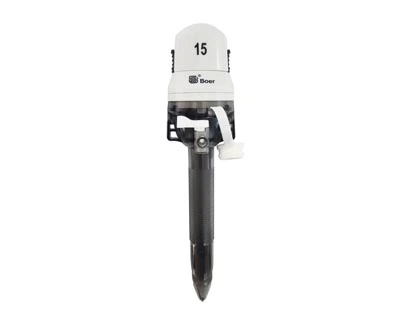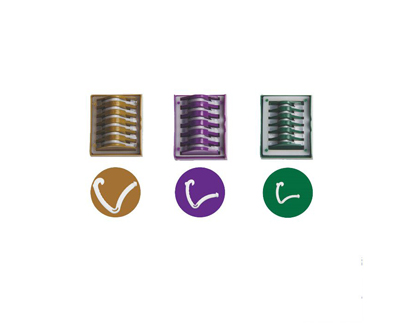Impact of COVID-19 on the Global Minimally Invasive Surgical Devices Market
The global minimally invasive surgical devices market is expected to reach $28.9 billion by 2026, growing at a CAGR of 7.4%. The rapid increase in the number of surgeries is accelerating the global demand for minimally invasive surgery instruments. In addition, the growing number of ASCs and increasing interest in outpatient robotic-assisted surgery presents a huge opportunity for players in the minimally invasive surgery instruments market.
1. Understanding minimally invasive surgery instruments
Minimally invasive surgery refers to surgical techniques that limit the size of the incision required or have a short recovery time. It is a minimally invasive surgical instrument when the medical device is placed inside the patient during this type of surgery. Many procedures involve the use of arthroscopic or laparoscopic equipment, as well as remote-controlled manipulation of instruments that are viewed indirectly through endoscopes or large display panels. Surgery is usually performed through the skin or through small body cavities or anatomical openings, and may involve robotic assistance systems.
2. Understanding the Impact of COVID-19 on the global minimally invasive surgical devices market
The emergence of the COVID-19 pandemic has changed the way healthcare is delivered globally. Increased stress due to increased hospitalizations of COVID-19 patients has led many hospitals and departments to re-evaluate the care of COVID-19 patients. As a result, many elective surgeries around the world have been cancelled or postponed to preserve or dedicate available limited capacity and resources, such as hospital beds and patient care professionals, to COVID-19 patient care.
In addition, the provision of cardiac surgery has been disproportionately affected by the reallocation of intensive care resources. According to a comprehensive analysis of the Society of Thoracic Surgeons (STS) database, during the first wave of the COVID-19 pandemic, the number of heart surgeries in the U.S. fell by more than half, with the largest declines in New England and the mid-Atlantic region. The Cardiac Surgery Service has been restructured into a centralized system to continue to provide emergency surgery as well as hospital management of COVID-19 patients. While these measures are beneficial to support the centralized management of patients with COVID-19, it is important to reflect on the future consequences of delaying elective cardiac surgery. Patients with cardiac complications may experience progression. These conditions may require minimally invasive treatments involving hand-held instruments, surgical scopes, and cutting instruments, thereby supporting market growth. In addition, the number of cardiac surgeries dropped significantly from 2019 to 2020, but is expected to increase post-pandemic in 2021 due to the backlog caused by this delay. This is expected to further drive the demand for minimally invasive surgery instruments market.



